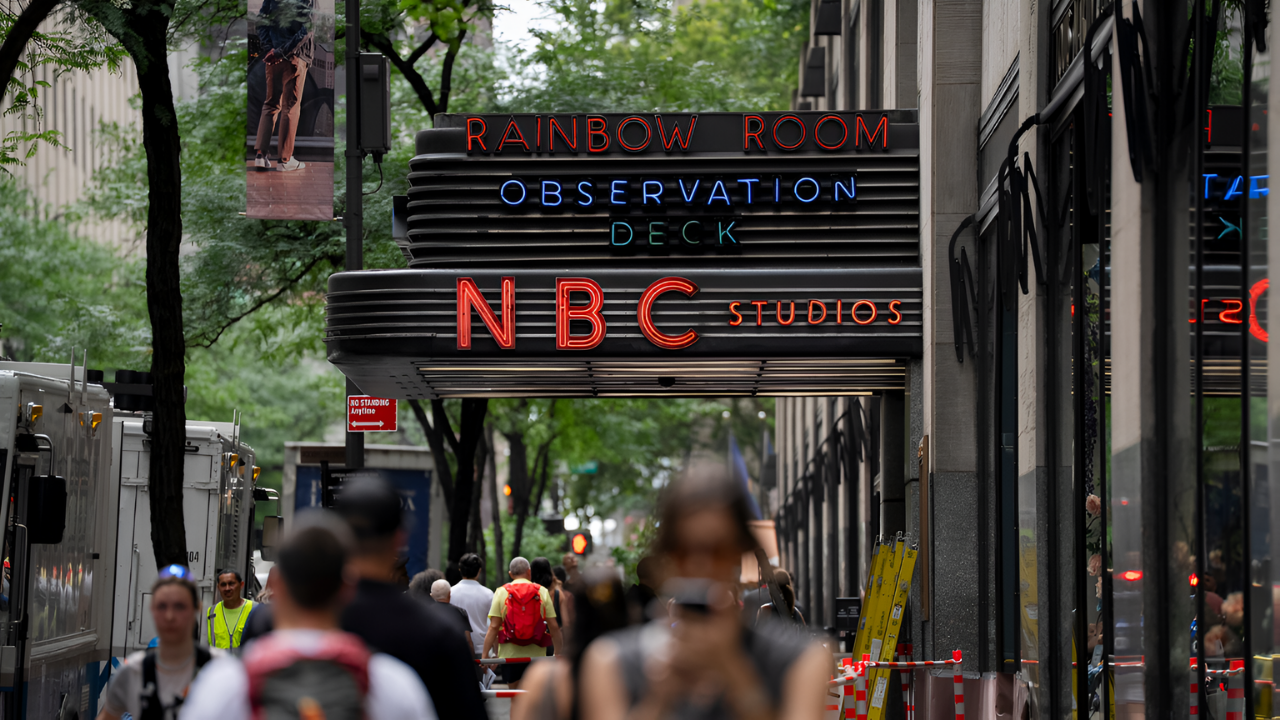
On October 15, 2025, NBC News announced the elimination of its four diversity-focused newsroom teams—NBC BLK, NBC Latino, NBC Asian America, and NBC OUT—resulting in 150 layoffs, or seven percent of its 2,000-person newsroom.
“This will be a difficult day for a lot of us,” said NBC News Executive Vice President of Editorial Catherine Kim in a brief meeting the same day. The cuts coincide with NBC’s imminent separation from MSNBC and CNBC, signaling a major shift in how the network will handle coverage of marginalized communities. How will this restructuring affect the visibility of marginalized voices in mainstream news?
The Complete Timeline

The layoffs hit NBC News headquarters on October 15, cutting seven percent of its 2,000-person newsroom in one move. Leadership had signaled the reductions for weeks as NBC prepared for MSNBC and CNBC to spin off into a new company, Versant.
An earlier January round cut about 40 positions, bringing 2025’s total to 190. The purge aligned with MSNBC’s operational split, starting October 6, finishing October 20, ahead of the MS NOW rebrand in November and Versant’s full separation by January 1, 2026.
Diversity Coverage Reduced To Minimum
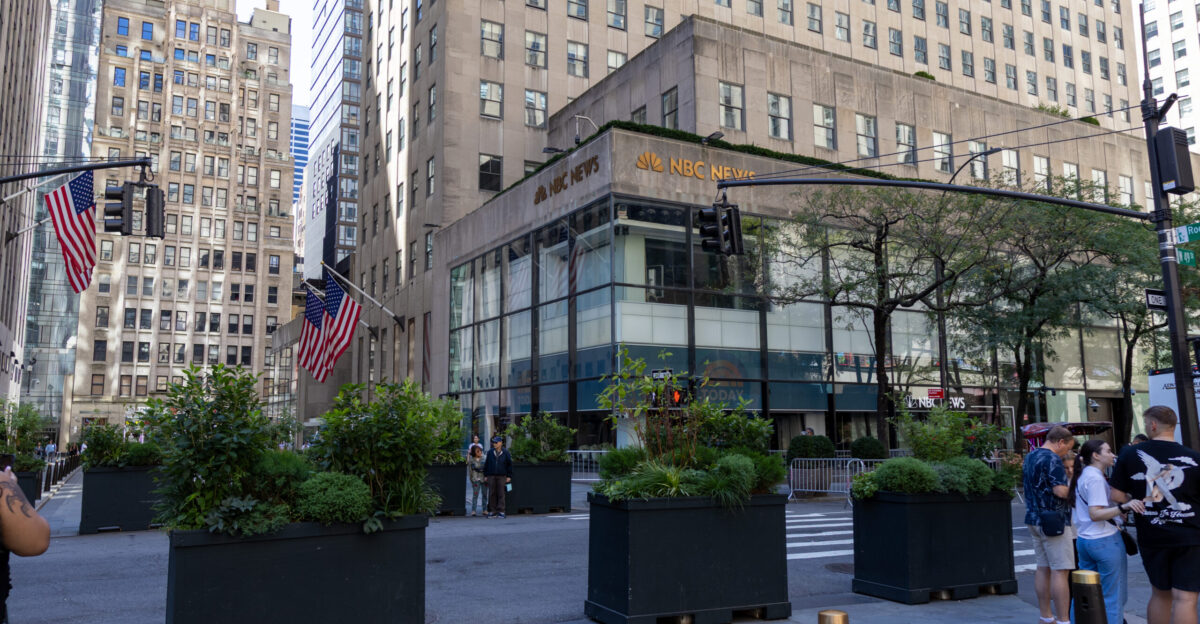
NBC News cut its diversity teams from a full roster across four verticals to just five contributors, ending specialized coverage for communities representing a significant portion of the U.S. population. Digital publishing is said to continue.
Stories will now come from general newsroom reporters juggling multiple beats without deep community connections. This raises concerns about underreported issues. Who will fill the void left by experienced journalists?
Millions Left Without Dedicated Reporting

The eliminated teams had focused on Black Americans (48 million), Latino Americans (62 million), Asian Americans (25 million), and LGBTQ+ adults (14 million), creating a large coverage gap. NBC BLK, launched in 2015, reported on systemic racism and social justice.
NBC Latino, NBC Asian America, and NBC OUT tracked immigration enforcement, economic disparities, and LGBTQ+ rights. With these teams gone, how will the issues affecting millions stay visible in national news?
Journalists Face Sudden Career Upheaval

Layoffs hit reporters translating complex community issues for national audiences hardest. Those covering immigration raids, anti-Asian hate crimes, and LGBTQ+ youth were suddenly jobless just before the holidays.
Affected employees received 60 days’ notice, severance, and benefits, but comparable positions are scarce. Many who relocated for these roles now face uncertainty. What happens to coverage and expertise when these journalists leave the newsroom?
Anxiety Grips Remaining Staff

Remaining NBC News employees expressed deep concern that diversity team cuts signaled broader instability across the network. Fear of future layoffs spread across departments.
Staff questioned the stability of the newsroom and whether open positions were genuine opportunities or part of corporate reshuffling. Will morale recover, or is uncertainty here to stay?
Jobs Cut, New Roles Opened
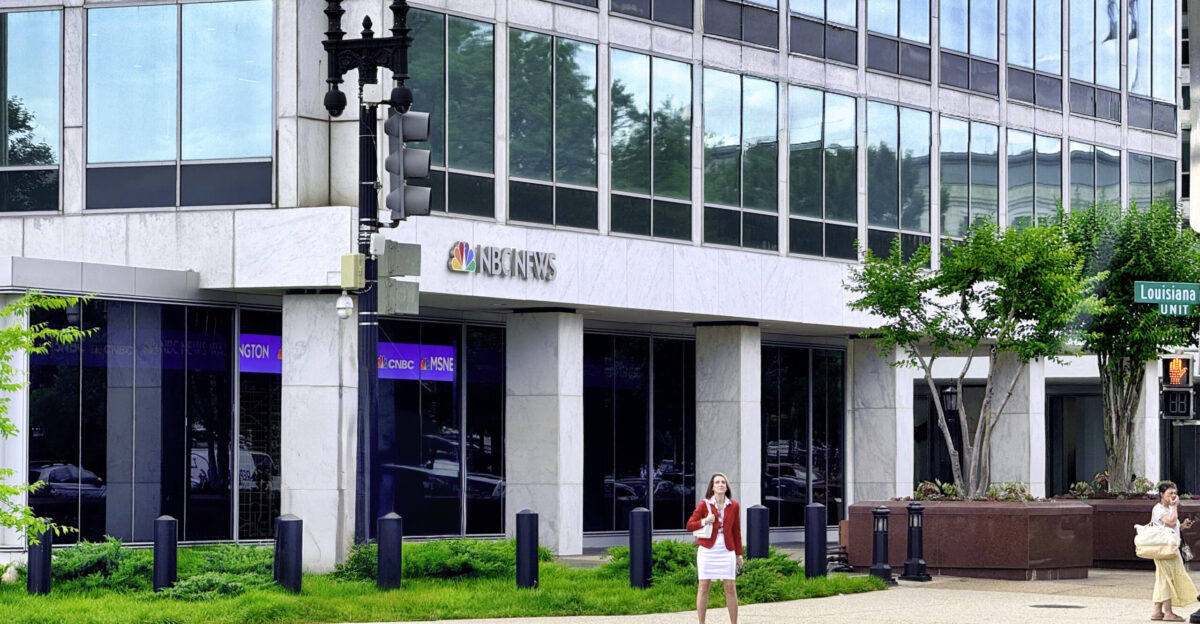
NBC eliminated 150 positions while simultaneously advertising 140 openings across digital and streaming platforms, signaling a strategic shift toward growth areas.
The network plans a subscription streaming service launching later this year. This pivot replaces specialized diversity reporters with general assignment staff. Can new digital priorities maintain the same community impact?
Federal Scrutiny Looms

The Federal Communications Commission opened an investigation into NBCUniversal’s diversity initiatives in February for potential civil rights law violations. A letter dated February 11, 2025, from FCC Chairman Brendan Carr to Comcast CEO Brian Roberts expressed regulatory concern over the company’s diversity, equity, and inclusion programs.
This probe began eight months before the October 2025 layoffs, offering context for NBC News’ internal shakeups. NBC News insisted the federal review was not the direct cause of diversity team cuts, citing economic pressures and the MSNBC spinoff instead. Could regulatory scrutiny have influenced broader strategy behind the layoffs?
A Trend Across Corporate America
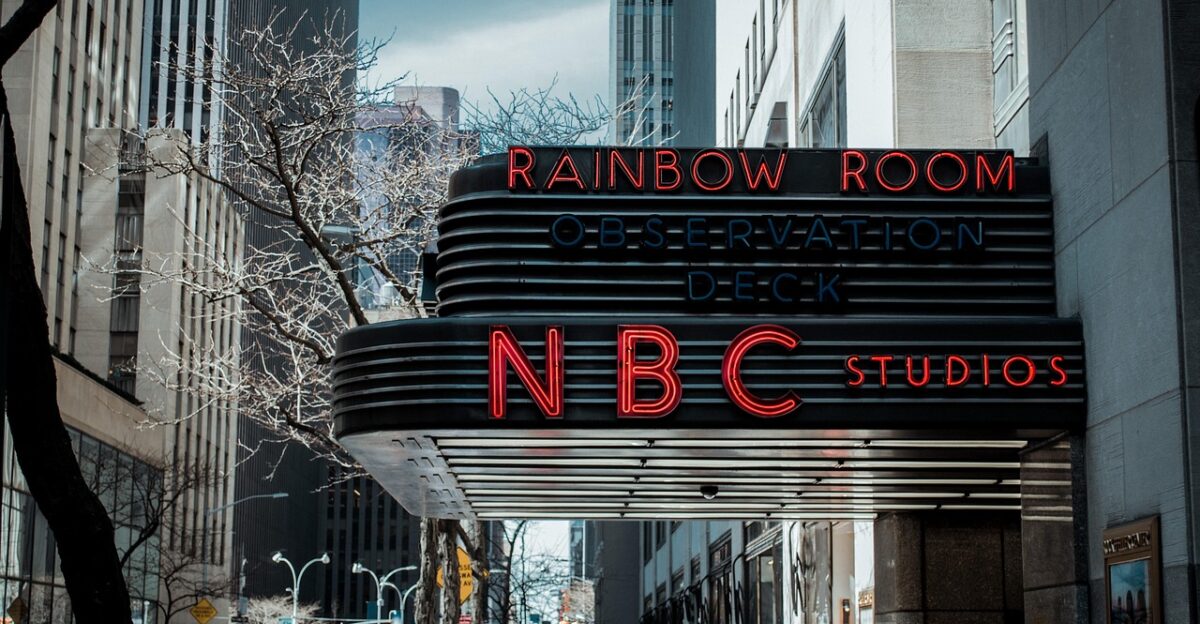
NBC’s move reflects a broader retreat from DEI programs in U.S. corporations. Following federal pressure and market concerns, many companies are scaling back diversity initiatives.
President Trump’s executive orders ending federal DEI programs signaled a controversial shift, leaving companies to rethink how diversity roles fit in corporate strategy. Will independent media fill the gaps these cuts create?
Displaced Talent Finds New Homes

After the October 2025 layoffs, former NBC diversity journalists were quickly recruited by competing outlets. Digital-first publications and local news stations offered positions, keeping reporters active in the field.
This migration highlights how specialized journalists remain in demand despite corporate cutbacks. Could these moves reshape how communities are covered outside legacy networks?
“Corporate Profits Over Voices”

The NewsGuild of New York condemned NBC’s decision, stating the company prioritized “corporate profits over the voices that make NBC News representative of its audience.” This criticism underscores tensions between management and newsroom advocates.
Union leaders argue that the cuts weaken the network’s credibility with communities previously served. How might this backlash influence corporate and political responses?
Communities Notice Coverage Gaps
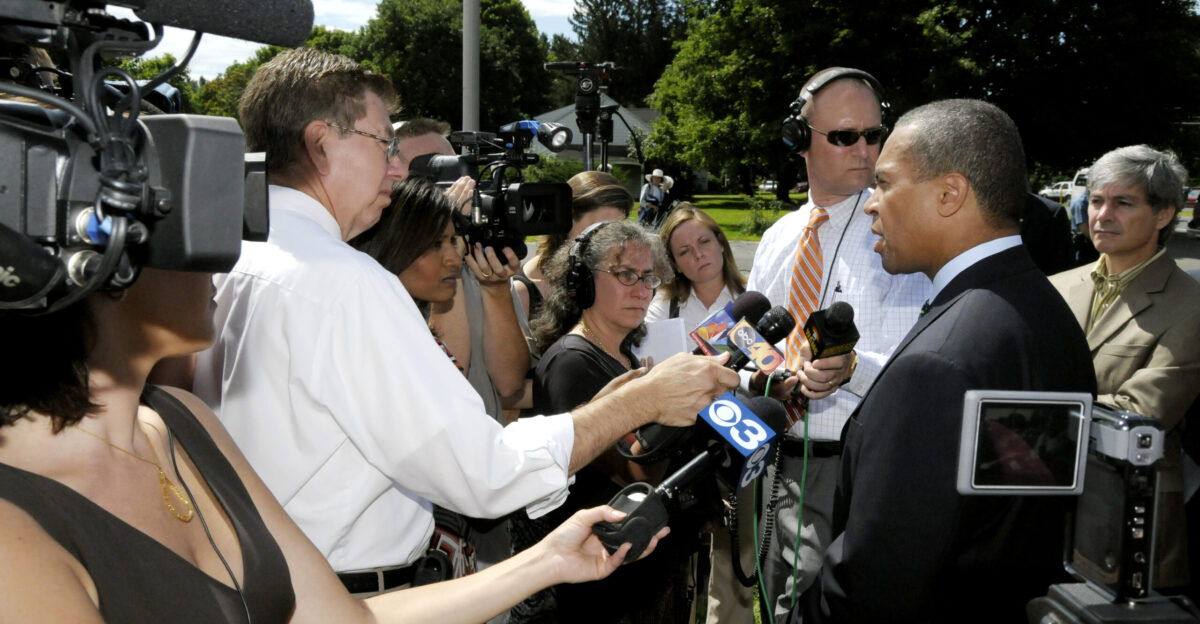
The elimination of dedicated diversity teams created an immediate impact on audiences. Early data suggested declining viewership from Black, Latino, Asian American, and LGBTQ+ communities, highlighting the importance of representation.
As loyal audiences seek other sources, networks face pressure to reconsider strategy. Will displaced viewers return, or move permanently to independent outlets?
Questioning the Future of Diversity Journalism
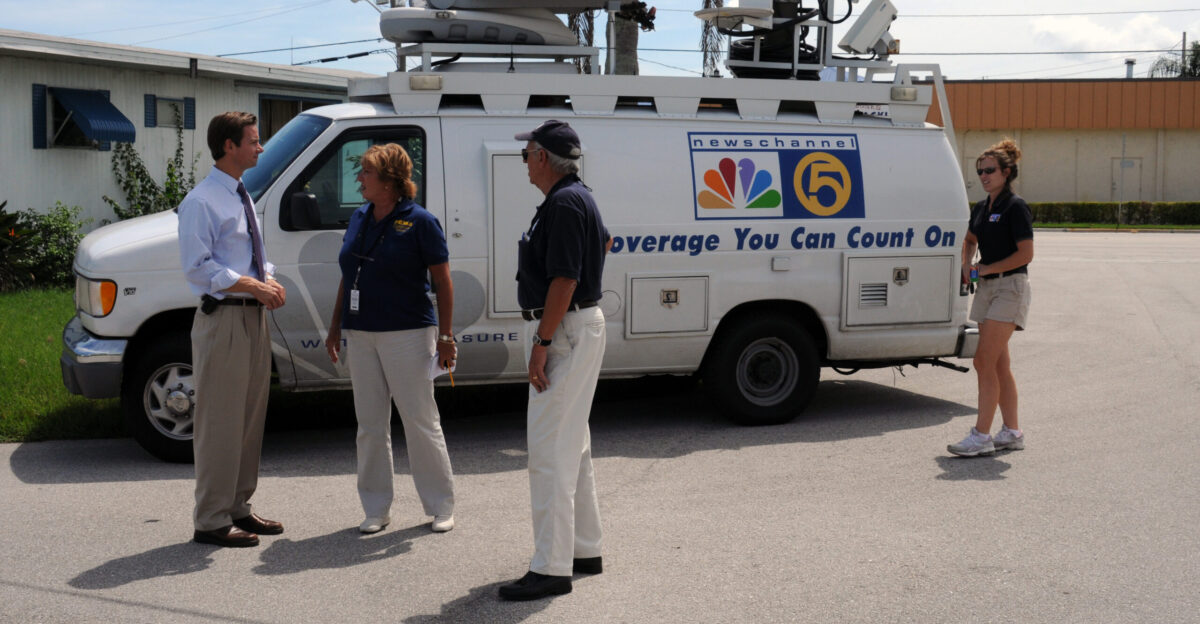
Industry leaders and educators are debating the sustainability of specialized diversity reporting. The layoffs sparked concerns about whether journalism programs should pivot students toward broader beats instead.
This shift could reshape career paths for emerging journalists. Can traditional newsrooms maintain community coverage without dedicated reporters?
Independent Media Steps Up
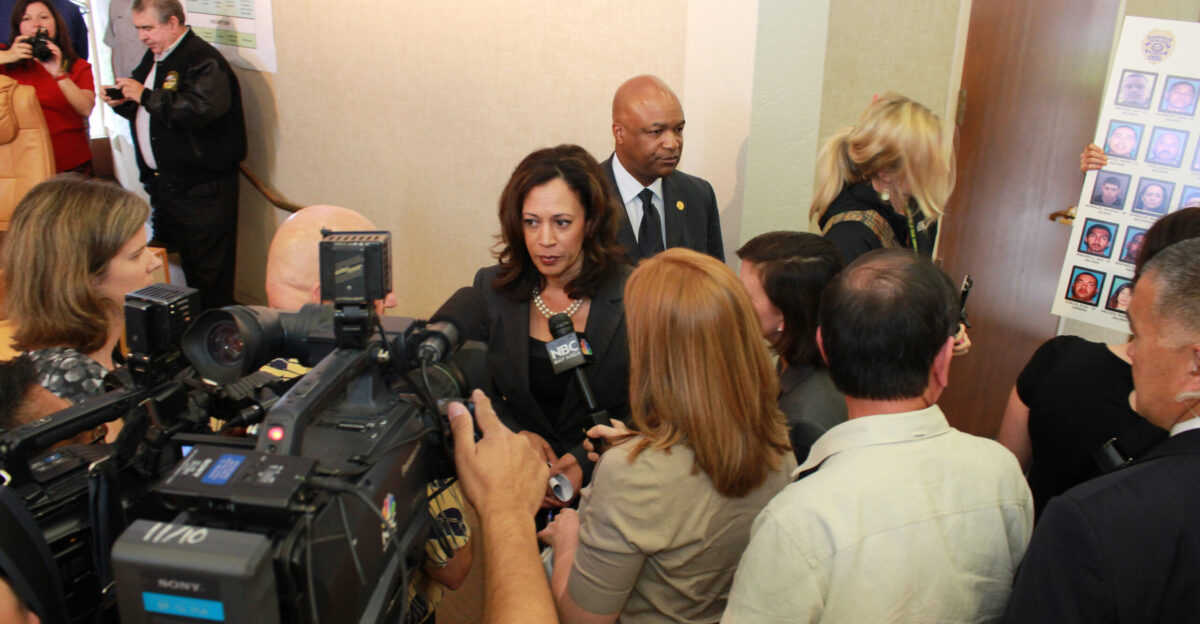
Former NBC journalists launched independent outlets to continue serving underserved audiences. Publications like newsletters and digital platforms quickly filled coverage gaps left by the network.
This rise of independent media demonstrates resilience and innovation. Could these new ventures become the future standard for reporting on marginalized communities?
Communities Turn to Alternatives
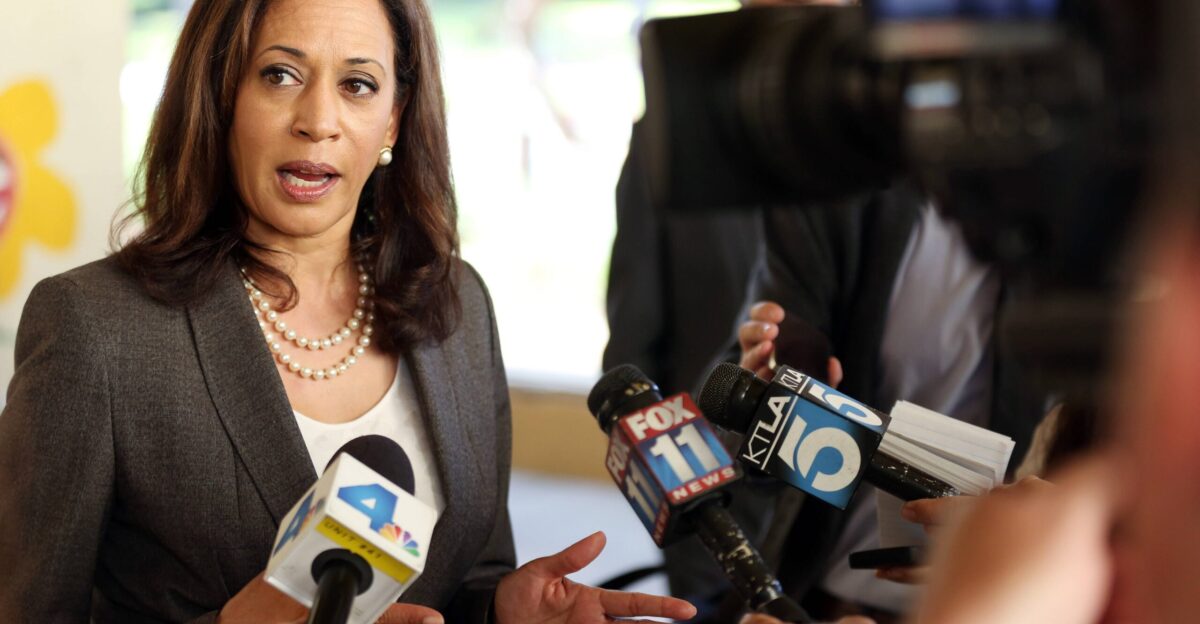
With NBC’s diversity coverage gone, Black, Latino, Asian American, and LGBTQ+ audiences are exploring independent outlets. Publications like Remezcla and MediaJustice provide focused reporting that mainstream networks no longer offer.
These platforms aim to maintain connection and trust. Could these independent sources reshape how communities consume news long-term?
Navigating Three Possible Futures

NBC’s ratings decline could push competitors to maintain dedicated diversity reporting. Alternatively, regulatory pressures may prompt industry-wide cutbacks, following NBC’s lead. A third scenario favors independent platforms thriving by offering specialized coverage, challenging legacy media norms.
The network’s next moves will signal which path the industry takes. How prepared are audiences and journalists for these shifts?
The Real Cost of Retreat
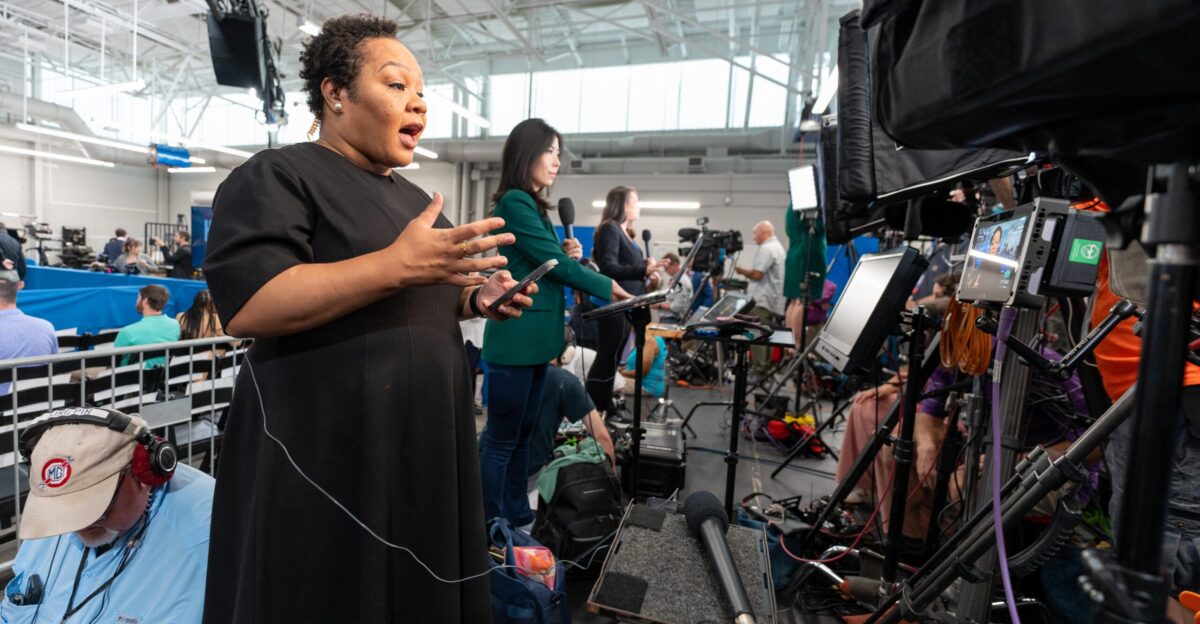
NBC eliminated roughly 150 positions, stripping the network of institutional expertise covering millions of Americans. The layoffs ceded coverage ground to competitors and independent outlets poised to fill the void.
The loss raises questions about whether cost-cutting can outweigh the long-term impact on audience trust. Will NBC recover its influence in these communities?
Independent Media Gains Traction

Ex-NBC journalists are leveraging the void to launch specialized outlets. Digital-first platforms and newsletters now cover issues once handled by full diversity teams, keeping reporting alive for underserved communities.
This growth demonstrates a shift in news authority. Could independent outlets become the primary voice for diversity coverage nationwide?
A Changing Media Landscape

NBC’s restructuring highlights broader trends in corporate media, where budget cuts clash with the need for specialized reporting. Communities, journalists, and competitors are all adjusting to this new reality.
The final question remains: how will these changes reshape the future of journalism, and who will lead in serving underrepresented audiences?